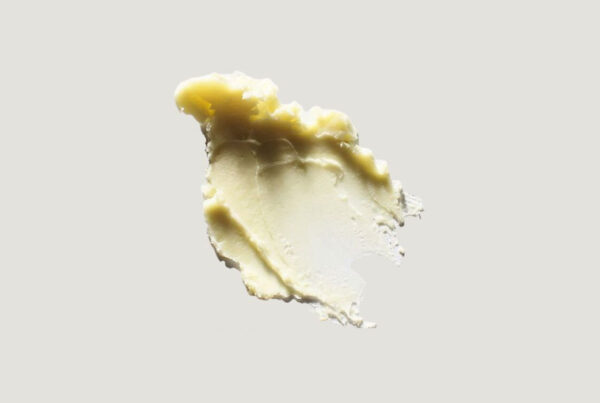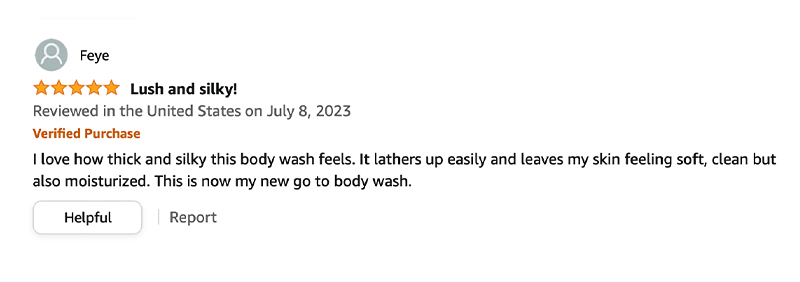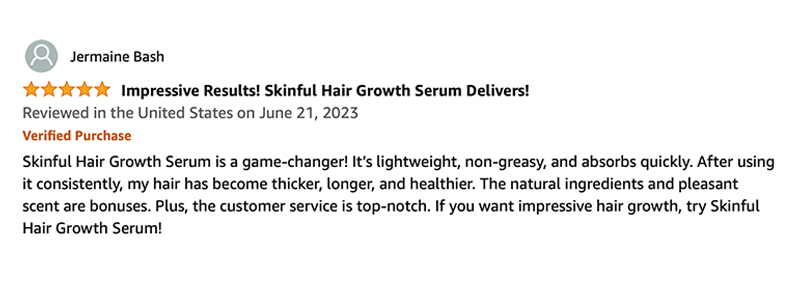Sensitive skin can be frustrating, and figuring out which ingredients trigger irritation can feel like solving a puzzle. But understanding how your skin reacts to certain skincare ingredients can help you choose products that are calming rather than aggravating. Let’s break down the science behind sensitive skin, explore why some ingredients irritate, and offer alternatives that soothe.
What Is Sensitive Skin?
Sensitive skin isn’t a specific condition, but rather a general term used to describe skin that’s more prone to reactions like redness, itching, or stinging. This sensitivity can stem from a compromised skin barrier, which normally protects the skin from irritants, allergens, and environmental stressors. When this barrier is weakened, harsh chemicals or even simple environmental factors can easily penetrate and cause inflammation.
Sensitive skincare focuses on strengthening this barrier and minimizing exposure to potential irritants, while simultaneously nourishing and soothing the skin.
Why Some Ingredients Irritate Sensitive Skin
Certain skincare ingredients, while beneficial for some, can wreak havoc on sensitive skin. Here are a few common offenders and how they impact your skin:
1. Fragrances
Fragrance is a top culprit when it comes to skin irritation. Whether synthetic or natural, fragrances are a common additive in skincare products that can trigger allergic reactions or irritation in sensitive skin. Even products labeled as “unscented” might still contain masking fragrances that can be problematic.
2. Alcohol
Alcohol, particularly denatured alcohol (often labeled as “Alcohol Denat” or “SD Alcohol”), is used in many skincare products for its quick-drying properties. While it may help oily skin by reducing shine, it can also dry out and irritate sensitive skin by stripping away its natural oils and damaging the skin’s protective barrier.
3. Harsh Exfoliants
Physical exfoliants, such as scrubs with large, rough particles, can cause micro-tears in the skin. Even though exfoliation is essential for removing dead skin cells, using harsh scrubs on sensitive skin can lead to irritation, redness, and inflammation.
4. Strong Acids
While alpha hydroxy acids (AHAs) and beta hydroxy acids (BHAs) are popular for their exfoliating properties, strong formulations of these acids can overwhelm sensitive skin. Glycolic acid, for instance, penetrates deeply and may cause stinging or redness. Overusing strong acids can disrupt the skin’s pH and damage its natural barrier, leading to heightened sensitivity.
5. Preservatives
Preservatives like parabens and formaldehyde releasers are used to extend the shelf life of skincare products, but they can provoke allergic reactions in sensitive skin. Methylisothiazolinone, a common preservative, has been linked to contact dermatitis, which makes it a risk factor for people with sensitivity issues.

Soothing Ingredients: Your Skin’s Best Friends
Sensitive skincare is all about incorporating ingredients that calm and heal rather than irritate. Here are a few of the best ingredients for soothing sensitive skin:
1. Aloe Vera
Aloe vera is well known for its cooling, anti-inflammatory properties. It works wonders for soothing irritated skin and reducing redness. It’s especially helpful after sun exposure or during flare-ups of eczema or rosacea, both of which are common among people with sensitive skin.
2. Colloidal Oatmeal
Colloidal oatmeal is an ultra-soothing ingredient that helps to lock in moisture and calm irritated skin. It forms a protective layer on the skin, which helps restore the skin barrier and reduce itching and dryness. It’s often found in creams and lotions designed for conditions like eczema and is gentle enough for daily use.
3. Niacinamide
Also known as Vitamin B3, niacinamide is a powerhouse for sensitive skin. It strengthens the skin’s protective barrier, reduces inflammation, and helps to retain moisture. Niacinamide also has anti-inflammatory properties that help calm redness and irritation, making it a must-have in any sensitive skincare routine.
4. Ceramides
Ceramides are naturally occurring lipids in the skin that play a key role in maintaining the skin’s moisture barrier. In sensitive skincare, using products with added ceramides can help rebuild the skin barrier, keeping moisture in and irritants out. This helps soothe dry, irritated skin and prevents further damage.
5. Shea Butter
Shea butter is a rich, nourishing ingredient that moisturizes and soothes dry, sensitive skin. Its fatty acids help to strengthen the skin barrier, and it’s packed with vitamins that promote healing. Shea butter is ideal for people with sensitive skin because it’s non-comedogenic, meaning it won’t clog pores while still providing deep hydration.
6. Centella Asiatica (Cica)
Centella Asiatica, also known as cica, is a popular ingredient in sensitive skincare, especially in K-beauty products. It’s known for its ability to calm inflammation, reduce redness, and promote healing, making it perfect for sensitive or compromised skin. Its healing properties make it an excellent choice for those with rosacea or acne-prone sensitive skin.
How to Build a Sensitive Skincare Routine
Building a skincare routine for sensitive skin doesn’t have to be complicated, but it does require thoughtful consideration of ingredients and products.
- Cleanser: Use a gentle, fragrance-free cleanser with soothing ingredients like glycerin or ceramides. Avoid foaming cleansers with sulfates, as they can strip your skin of natural oils.
- Moisturizer: Opt for a hydrating moisturizer with ingredients like hyaluronic acid or shea butter. A thicker cream might be beneficial if you have dry, sensitive skin, while a lighter gel-based moisturizer can work for those with oilier skin types.
- Sunscreen: Sunscreen is essential, even for sensitive skin. Look for a mineral-based sunscreen containing zinc oxide or titanium dioxide, which are less likely to cause irritation compared to chemical sunscreens.
- Serums and Treatments: Incorporate niacinamide or a gentle antioxidant serum like Vitamin E to boost skin’s health without irritating it. If you want to exfoliate, choose a mild exfoliant like lactic acid or PHA (polyhydroxy acids) once or twice a week.
Conclusion
Sensitive skincare doesn’t have to be a challenge if you know what ingredients to avoid and which ones to embrace. Understanding how your skin reacts to different elements can make all the difference in finding products that soothe rather than irritate. Stick with gentle, soothing ingredients like aloe vera, niacinamide, and ceramides, and your sensitive skin will feel calmer, healthier, and more resilient.








